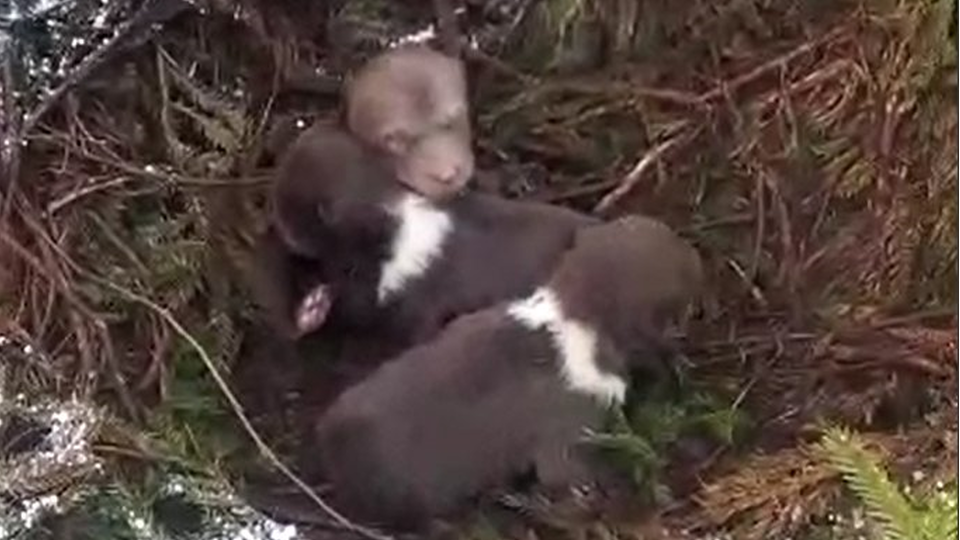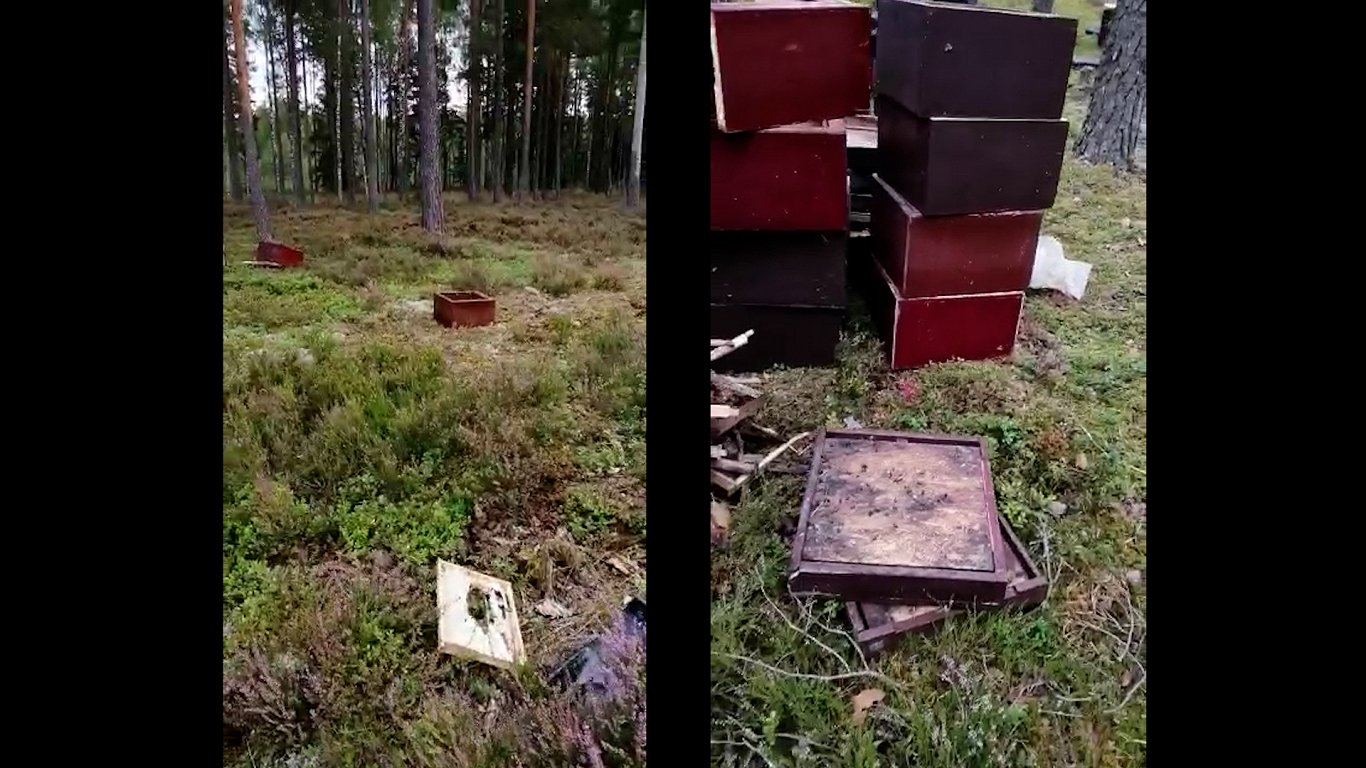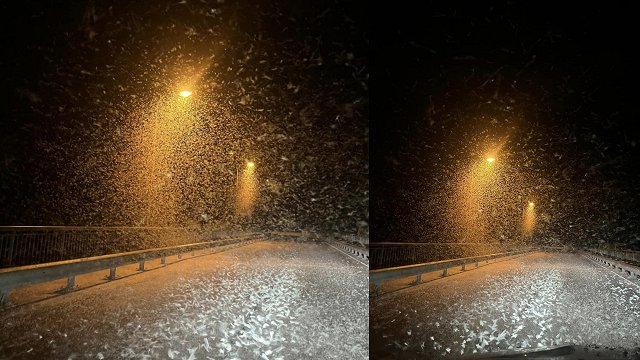Recently, bear cubs have been found in the forests of Limbaži municipality. Logging and other forestry works are currently banned there. The fate of the bears is not known at the moment, because it is not allowed to go there and disrupt the animals in hopes that the mother of the bears will have returned. But these bear cubs are evidence that after nearly a hundred years, the bears have started breeding in Latvia again.

The bear is a protected animal, and in Latvia, bear hunting is prohibited, so specialists say that people should learn to live with them.
Latvian Association of Hunters spokeswoman Linda Dombrovska says she also found the evidence of bears near her home about 50 kilometers from Rīga, near Saulkrasti. She said it was high time to start educating society on how to adapt and live with bears in the woods.
She said: “Others may think it's very funny, but the Estonian saying tells us that we have to go singing in the woods. That way, we make it known to wild animals that we are there. And under normal conditions, wildlife will avoid humans.”
Beekeepers have started scratching their heads, too. Beekeeper Gundars Libors from the Limbaži municipality said he would install electric fences.
“For me, one of the holdings was destroyed by a mama bear with cubs, six hives overnight. And I brought those other hives home. There's the big Ērgļu swamp next to the holding, and there a bear living there,” he said.

The Nature Conservation Agency said that it will be necessary to think at the national level about aid for beekeepers, as well as encourage people not to leave edible waste in the forest, and not to toss compost on fields that would create favorable feeding conditions.
The Agency is also discussing the number of bears allowed in Latvia.
Gita Strode, director of the Department of Nature Protection of the Agency, said: “The project is developing protection objectives for protected species to ensure that the population is able to sustain itself for a long time. For the lynx, the wolf, it has already been determined, and for the time being, it is calculated for the bear. In the coming months, I think we will have defined this figure for the bear. But now, at least in the coming years, there is no reason to think that we have a reason to move the bear to the category of hunted animals."




























